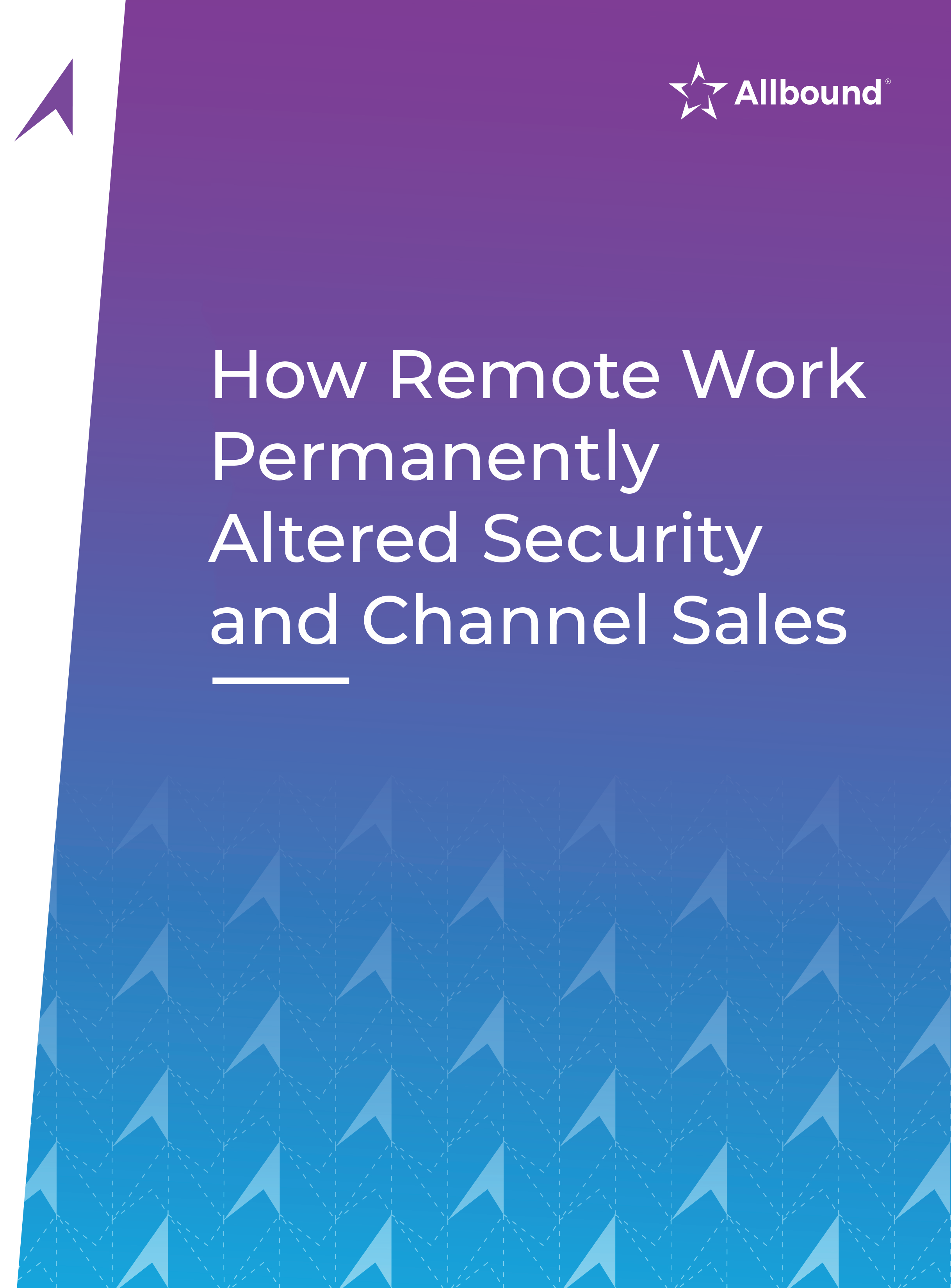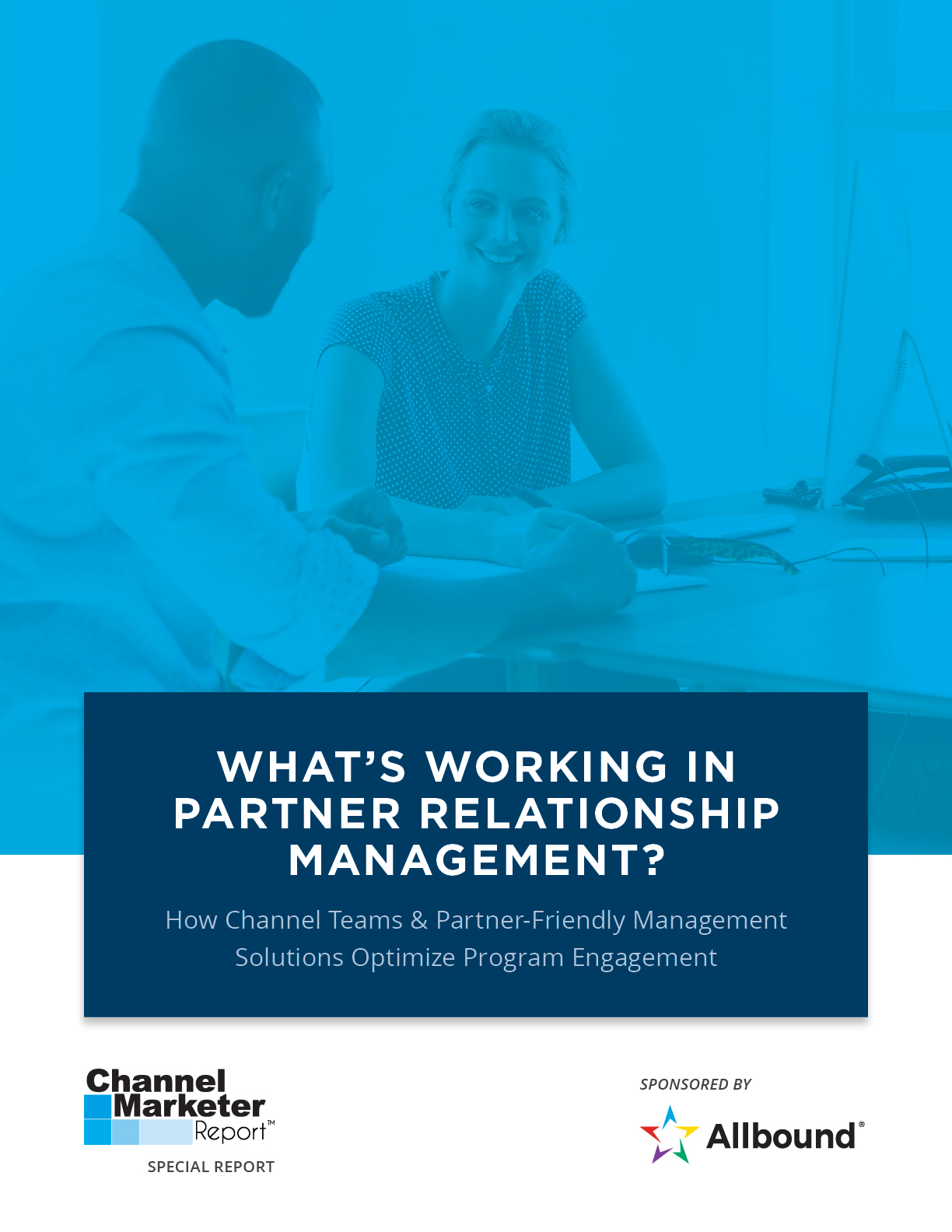Topics
ChannelChat: Nutanix Introduces Channel Charter to Help Wider Range of Partners Succeed

Rodney Foreman, VP Global Channel Sales, Nutanix
A partner program by any other name, well, may not be just any other partner program. When Nutanix announced its Channel Charter at its .NEXT 2018 conference in New Orleans in May, the company wanted to make it clear that it was indeed offering its partners something different.
That message is especially important to born-in-the-clouds solutions providers and smaller partners, said Rodney Foreman, Nutanix’s vice president of global channel sales. Featuring a new set or partner tiers and flexible marketing support programs, the Channel Charter is designed to be more inclusive of a wide range of partners.
During a recent chat with CMR, Foreman discussed why and how the Channel Charter was developed.
Rodney Foreman – We are definitely trying to introduce something that’s unique in the channel. The primary reason is to make sure that all of our partners are effective in competing and selling in this market that we have today, which is really a multi-cloud environment with a few primary competitors focused on hyper converged infrastructure (HCI).
We are an enterprise cloud software company. As we evolved, we felt that a traditional channel program wasn’t going to align to where we’re going in the market in the future for our channel and our partners. So, the Charter is more about making our partners successful more so than just giving them more benefits for more revenue.
In fact, the different types of partners we describe within the Charter align to partner capabilities, not to the revenue that results. We have Pioneers, Scalers and Masters. That’s all around partner capabilities so that we can align to their capabilities and where they’re focusing in the market.
CMR – You commented that traditional channel programs tend to reserve the benefits for the biggest, baddest partners. Why isn’t that a good strategy for Nutanix?
Rodney Foreman – There are smaller partners that have mid-market customers that we want. We are very focused on winning new customers. If you don’t embrace those smaller partners who have a presence in a lot of mid-market customer accounts, you’re going to lose out on those opportunities. We want to be there through all size partners that are going to market.
CMR – What are some of the key components of the Channel Charter?
 Rodney Foreman – We’re empowering partners through a new marketing program that embraces all size partners. Our Xpand Program provides marketing tools that are aligned to the partners and how they go to market. We have partners that have large marketing organizations, and then we have some partners that the receptionist is the marketing person too. We’re trying to empower partners of all sizes and capabilities so they can all be successful and extend our reach into the market and expand our market share more effectively.
Rodney Foreman – We’re empowering partners through a new marketing program that embraces all size partners. Our Xpand Program provides marketing tools that are aligned to the partners and how they go to market. We have partners that have large marketing organizations, and then we have some partners that the receptionist is the marketing person too. We’re trying to empower partners of all sizes and capabilities so they can all be successful and extend our reach into the market and expand our market share more effectively.
CMR – What are some of the elements of the Channel Charter that reflect that?
Rodney Foreman – I’ll give you a good example. Our tagline for our Channel Charter is “Power to the partner.” The reason for that is we’re giving the partners not only channel marketing tools but also tools within our products and capabilities that they can leverage to bring more value to the customer.
For example, we just announced a new product called Beam. Beam provides our partners and our customers visibility to the financial aspects of utilizing public and private cloud, and what’s the financial impact of where you’re running your workloads. That gives our partners a lot of power because then you can go into a customer who has no idea if they’re really running workloads in a financially effective manner,
CMR – How are you adjusting your channel marketing activities to engage a wider range of partners?
Rodney Foreman — Let’s look at syndication. The problem with syndication is it’s all all of your partners end up looking the same because they’re all linked to the same assets. When we syndicate materials, they are aligned to each partner’s go-to-market plans.
CMR – What other investments are you making to help your partners be more successful?
Rodney Foreman – Our partner optimization plan is a good example. Our channel sales managers work with their assigned partners to developed a long-term strategy. So every partner has a partner optimization plan in place which defines how they’re going to market, the market segment they’re focused on, and what assets they plan to use.
With the analytic capabilities of Xpand we know what’s working and not working for the partner. Our channel managers can look at data down to the sales person within the channel partner to see who’s successfully selling and who we’ve certified that hasn’t sold. Then our channel managers are going to those reps and saying, “Bob had 20 deals this year, but Chris has only had two. Is there something we can do to help you? Is there something you need to be more successful?” So we’re getting that granular with how we’re looking at the channel to make sure our partners are successful.
CMR – How are you going measuring the success of the Channel Charter?
Rodney Foreman – We’ll look closely at partner initiated deals. We do pass leads to partners, of course, but we also have partners that initiate and drive the opportunity identification That’s a key KPI that will indicated that what we’re doing in the channel is effective.
We also want to make sure our partners are skilled, so we look at building partner skills because, at the end of the day, if you don’t have skilled partners both technically and from a sales perspective, your channel is not going to be effective.
Then of course, revenue growth that’s driven through the channel.
CMR –When you announced the program this Spring, did partners immediately understand what Nutanix was offering with its Channel Charter?
Rodney Foreman – The feedback since the conference has been outstanding. All of our partners really like the approach. They feel like they’re on an equal playing field in terms of being enabled and empowered to be successful in the market.









